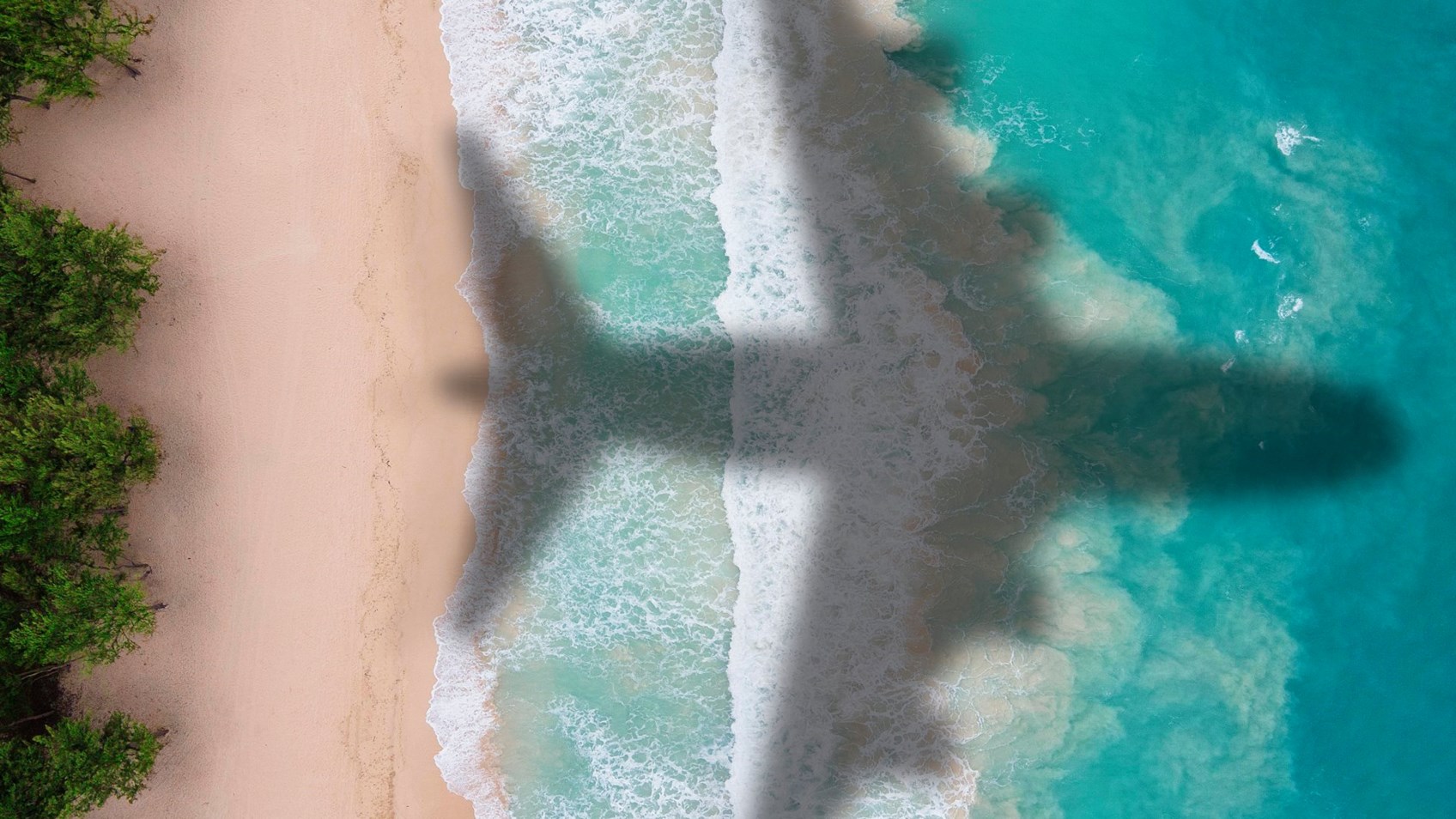Aug 29, 2025
Planning a Trip from the UK to Mauritius: 10 Things You Need to Know
There’s something energising about booking a trip to Mauritius, especially when you're swapping grey skies for golden beaches. If you're heading out from the UK, a bit of planning makes all the difference. Getting familiar with the essentials, like entry requirements and how to move around, can make your arrival smoother and your stay more enjoyable. This guide brings together everything you need to know, along with a few local tips to help you feel at home from the start.
1. Visa & Entry Requirements
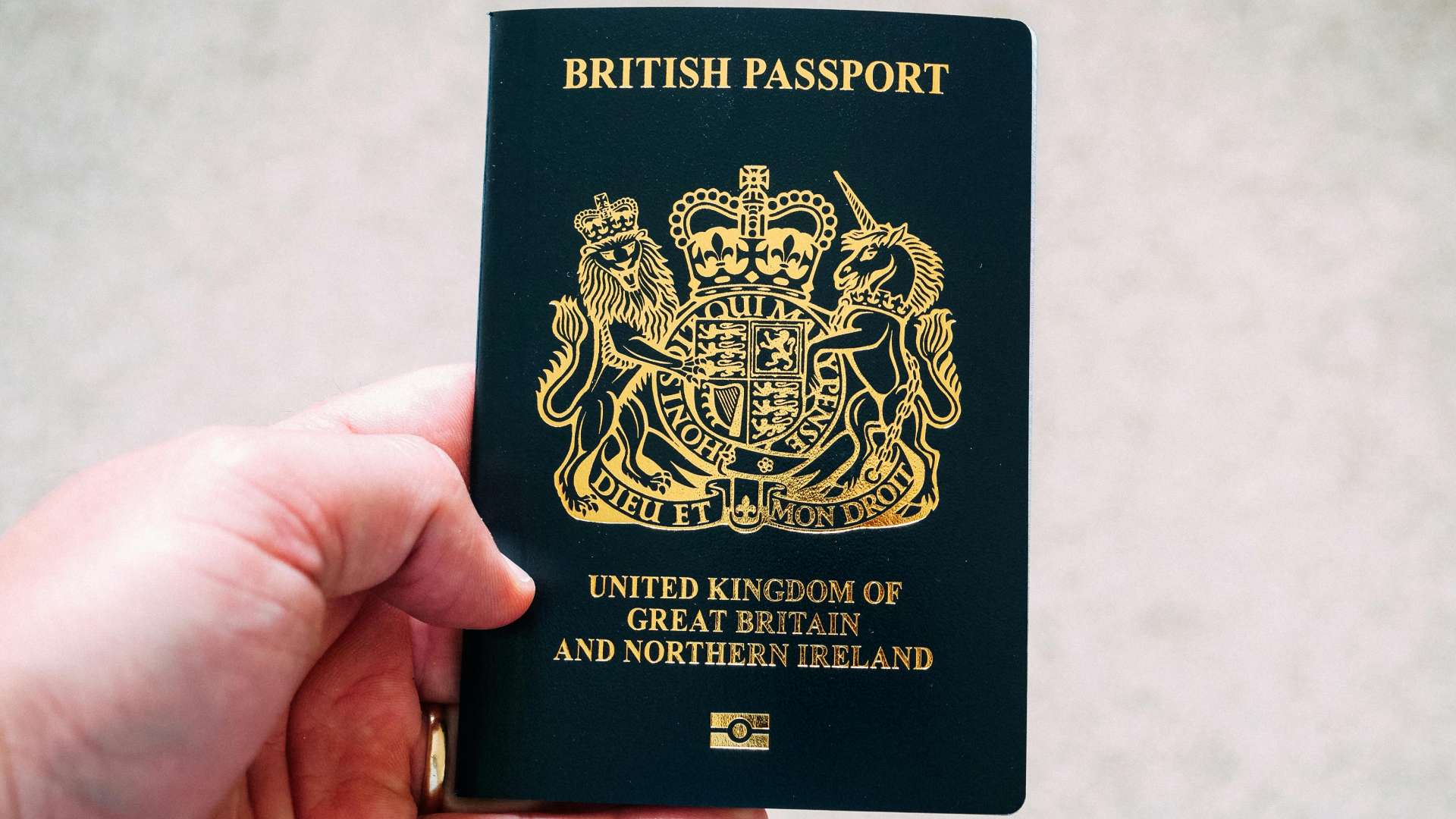
The good news is that UK citizens don’t need a visa for short stays. If your visit is under 60 days, you’re free to enter the country without the extra paperwork.
You’ll need to show:
- A passport valid for at least six months after your travel dates
- Confirmation of where you’re staying (your hotel reservation works perfectly)
- A return or onward flight ticket
For business travellers, this streamlined process is a welcome convenience. Once you land, immigration is generally fast and efficient.
2. Time Difference & Flight Duration from the UK to Mauritius
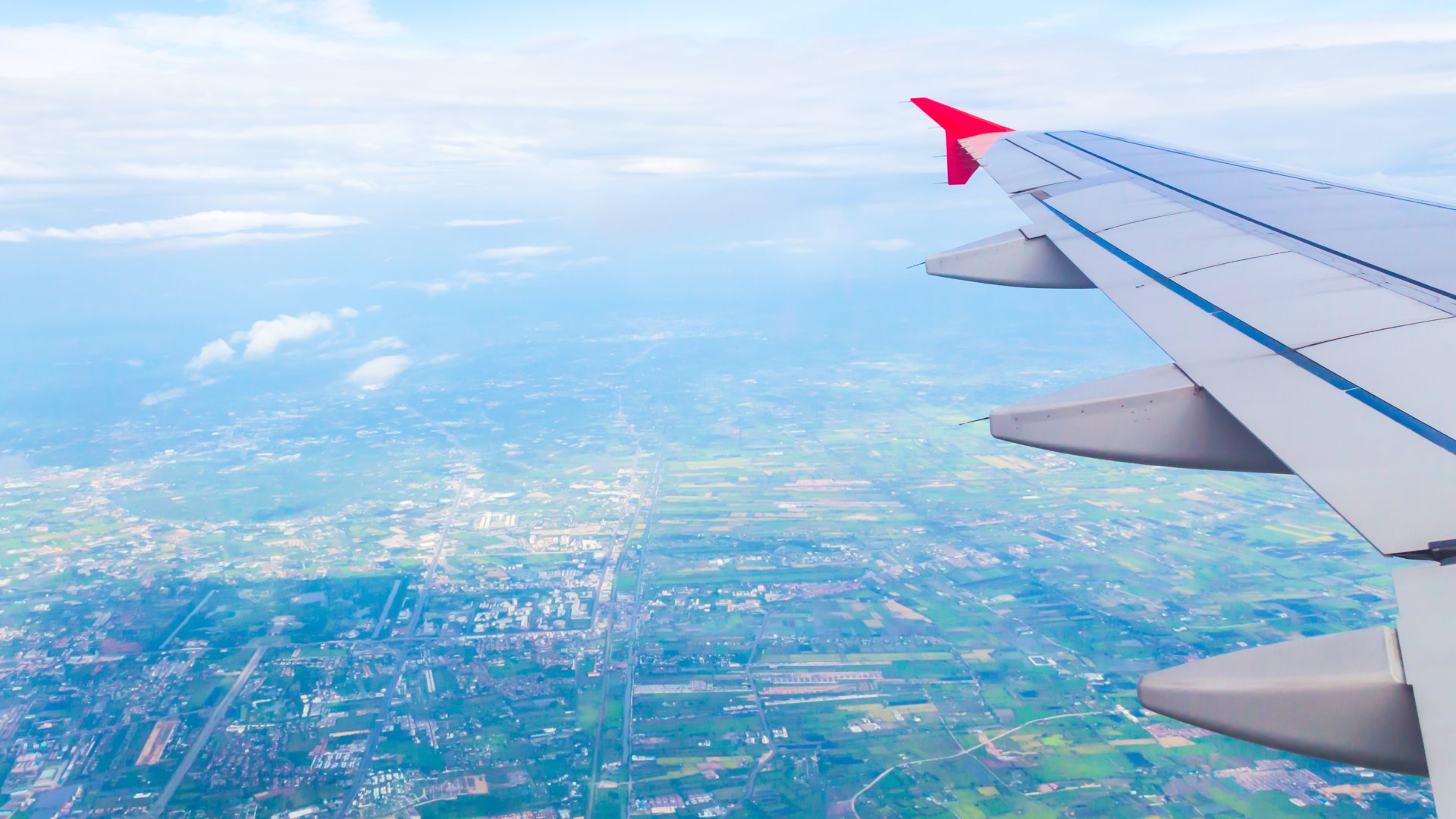
The time difference between the UK and Mauritius works well for overnight travel, especially if you're aiming to make the most of your first day.
- UK Summer time (BST): Mauritius is 3 hours ahead, so a 12-hour overnight flight from London usually lands early in the morning, giving you a full day to settle in or head to meetings.
- UK Winter time (GMT): Mauritius is 4 hours ahead, and the same overnight flight still offers a smooth arrival time for business or leisure, with plenty of daylight ahead.
As you approach the island, look out the window and you’ll see sugarcane fields, mountain peaks and coastal views welcoming you to a new pace of life.
3. Currency & Payments in Mauritius
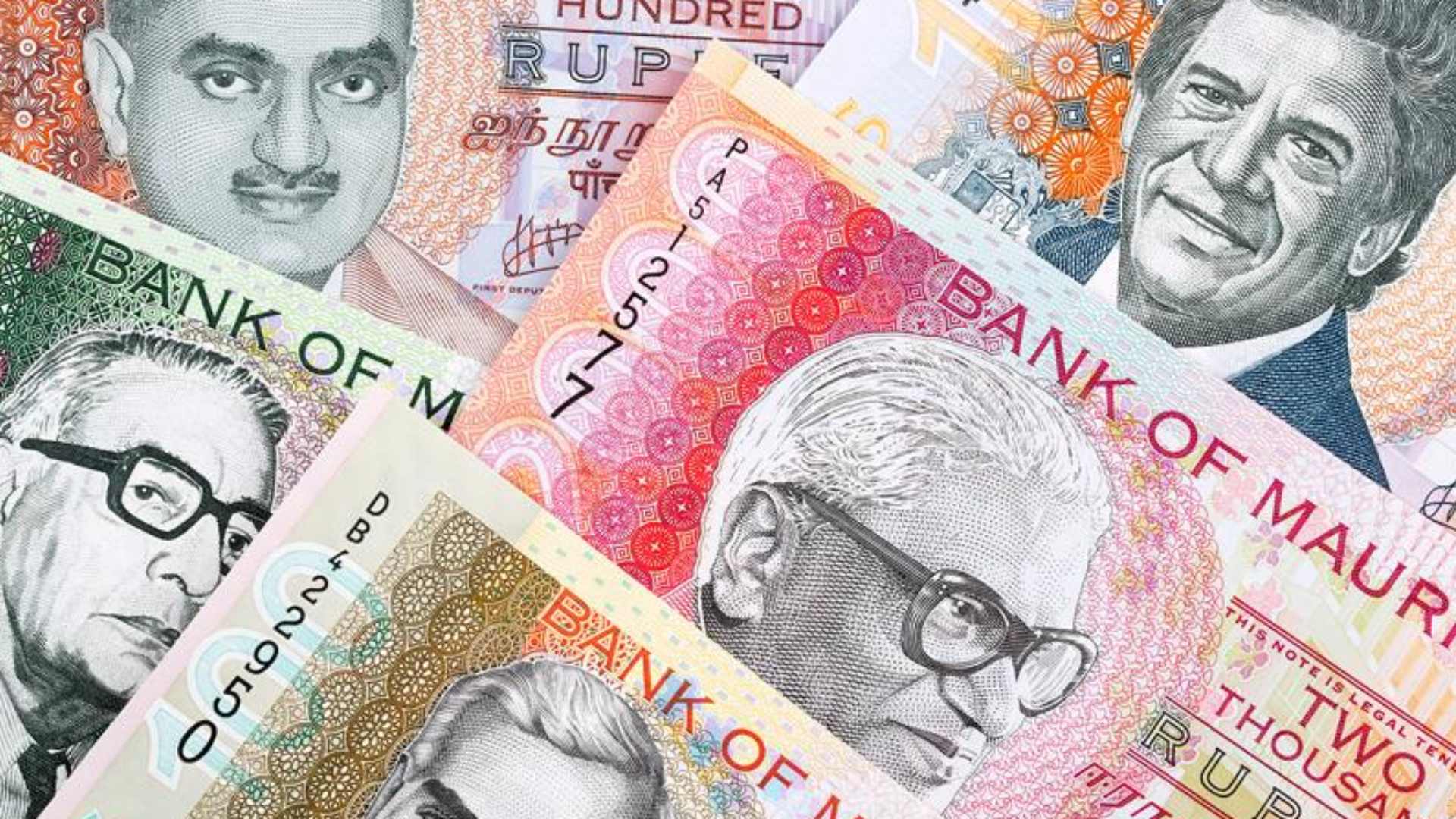
Mauritius uses the Mauritian Rupee (MUR) and getting your hands on local currency is simple. You can exchange GBP at the airport or use one of the many ATMs around the island, including the convenient ones at Bagatelle Mall. Visa and Mastercard are widely accepted in hotels, restaurants and major shops, so you won’t need to carry large amounts of cash. Still, having some smaller notes on hand is useful for things like taxi fares, local markets or tipping at smaller cafés and roadside eateries where card machines aren’t guaranteed. Think of it as a mix-and-match system: card for comfort, cash for local treasures.
4. Internet & Connectivity
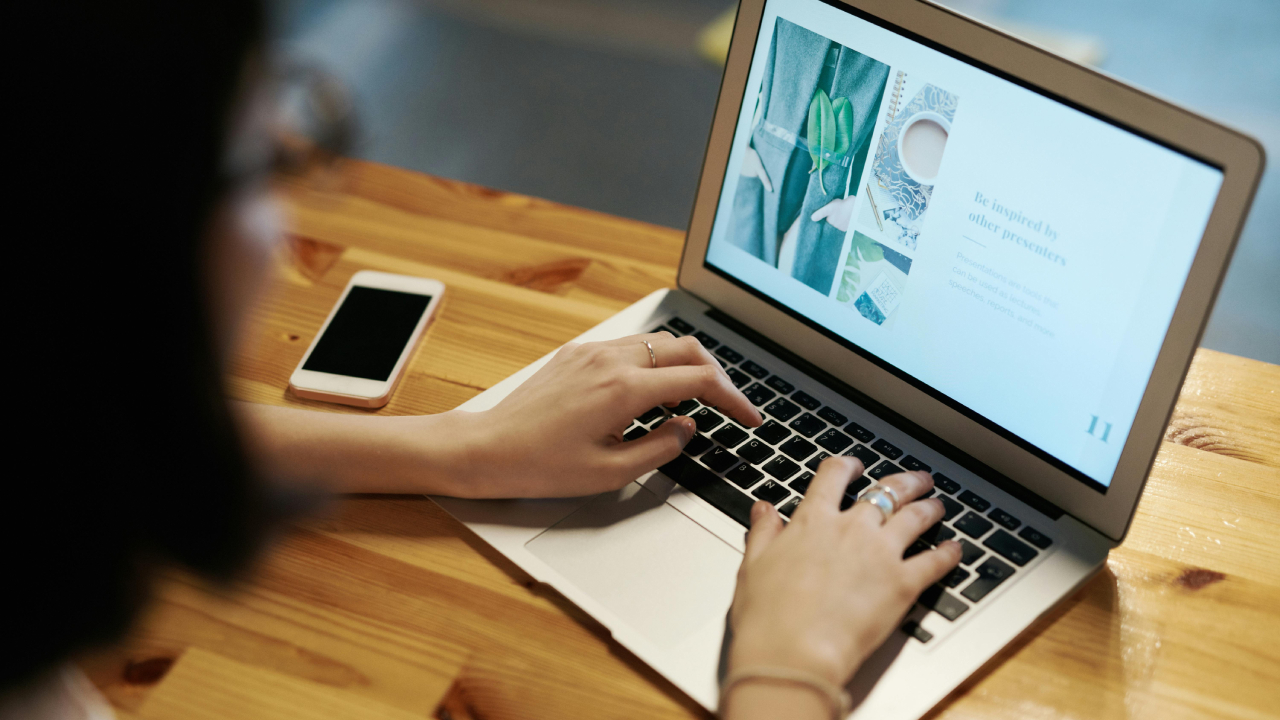
Staying connected in Mauritius is rarely a problem. Most hotels, including Voilà Hotel, offer reliable Wi-Fi that covers both your work needs and your evening streaming habits. If you’d rather not rely on hotel networks, local telecom providers like Emtel and My.t offer affordable SIM cards with generous data packages. These are easy to pick up at the airport or in town and the setup takes just a few minutes. Mobile coverage is strong across the island, especially in central and coastal areas, which means you can take business calls on the move or respond to emails between meetings without a hiccup. Even remote parts of the island tend to have decent reception, perfect for digital nomads or anyone working on the go.
5. Weather & Best Time to Visit
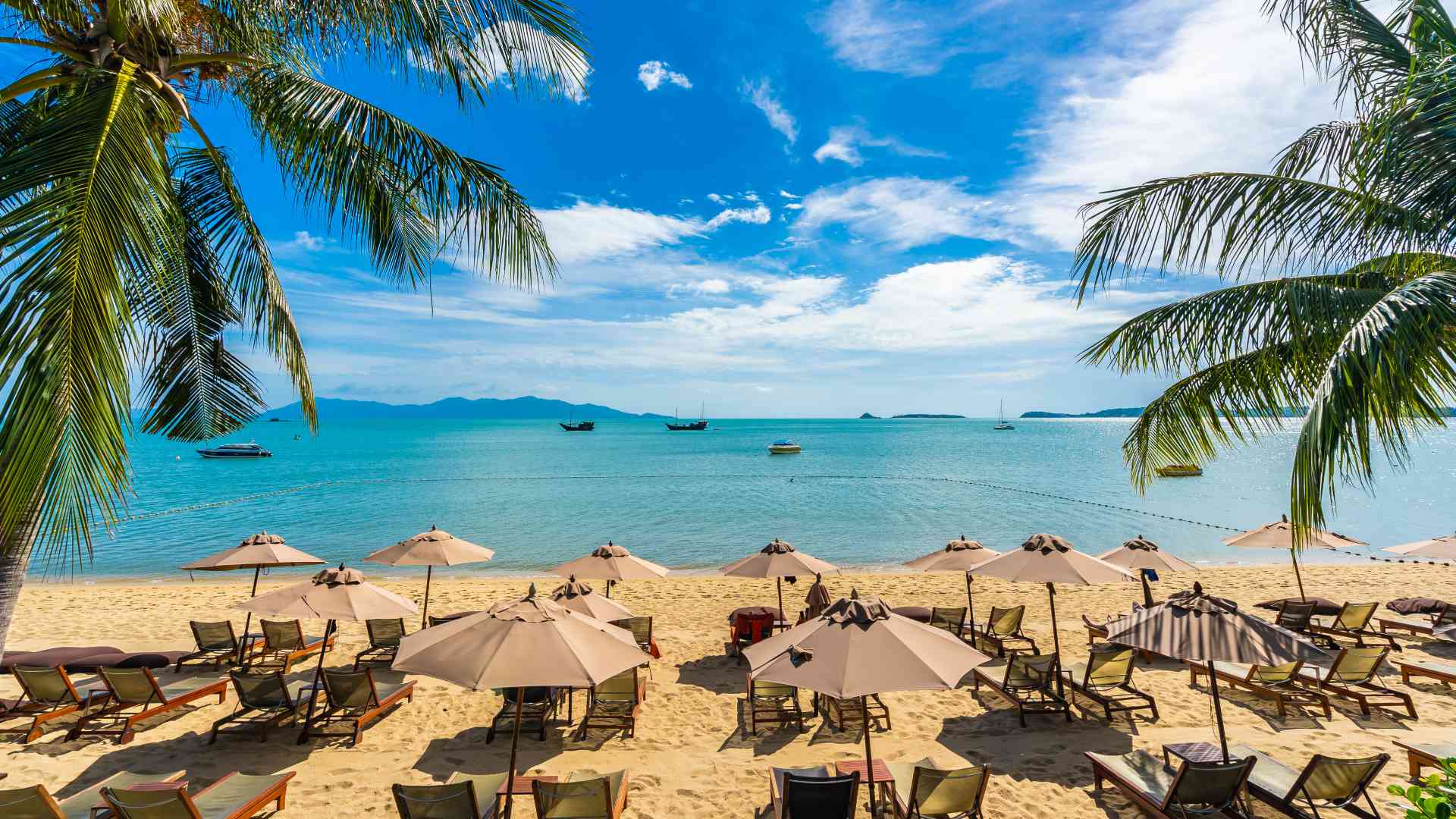
Mauritius enjoys warm, tropical weather for most of the year, with daytime temperatures typically ranging between 28°C and 32°C. From May to December, conditions are generally dry, breezy and comfortable. These months offer the best mix of sunshine and pleasant air, especially if you plan to explore inland areas like Moka or enjoy dinner outdoors after work. It’s also a good time for hiking, golfing or simply taking in the views with less humidity in the air. Between January and March, the island sees hotter days and occasional rainfall, with the chance of short tropical storms. While showers can be intense, they’re often brief, followed by clear skies. If you're visiting during this time, pack a light rain jacket and don’t let the forecast put you off, there’s still plenty to enjoy between the raindrops.
6. Language
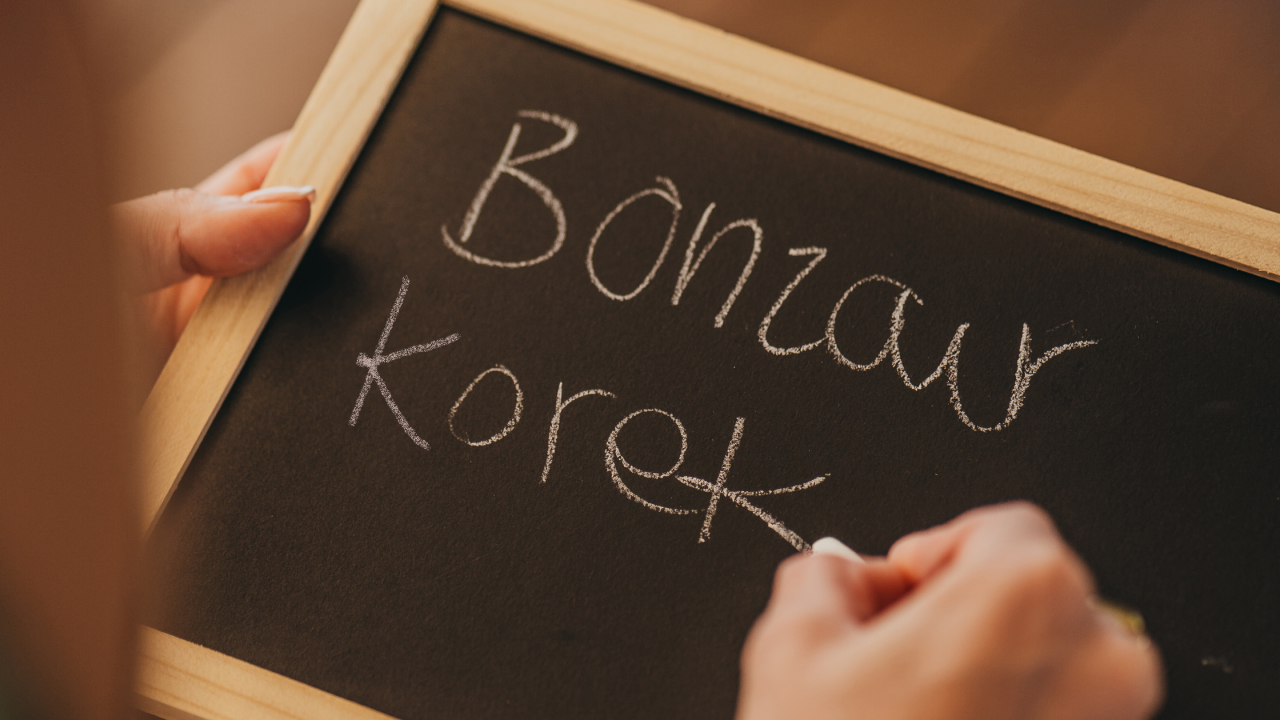
The official language of Mauritius is English, and it’s used in government, legal affairs and most business settings. French, however, is widely spoken and often used in everyday conversation, media and education. Mauritian Creole is the most spoken language among locals. It’s informal, expressive and rooted in the island’s cultural blend. While you’ll conduct meetings in English, you’ll often hear Creole in shops, markets and social settings. For visitors, this multilingual mix makes communication easy. A greeting in English will take you far but picking up a few Creole phrases or saying bonjour can open doors to warmer, more personal exchanges.
7. Where to Stay for Business & Leisure

If you’re in Mauritius for business, where you stay isn’t just a matter of comfort, it’s a matter of strategy. Voilà Hotel is positioned right where it needs to be; near the key business districts of Ebène, Moka and the popular Bagatelle area. From here, you're walking distance to the island’s largest shopping mall, government offices and several corporate hubs. But it’s not all work. Being centrally located also means you’re just minutes from hiking trails, viewpoints and cultural landmarks. You can finish your meetings by noon and watch the sunset from a mountain ridge by six. The hotel itself is built with business travellers in mind: functional, reliable and well-connected, without the excess you don’t need. In short, a solid base that lets you focus on what matters.
8. Getting Around
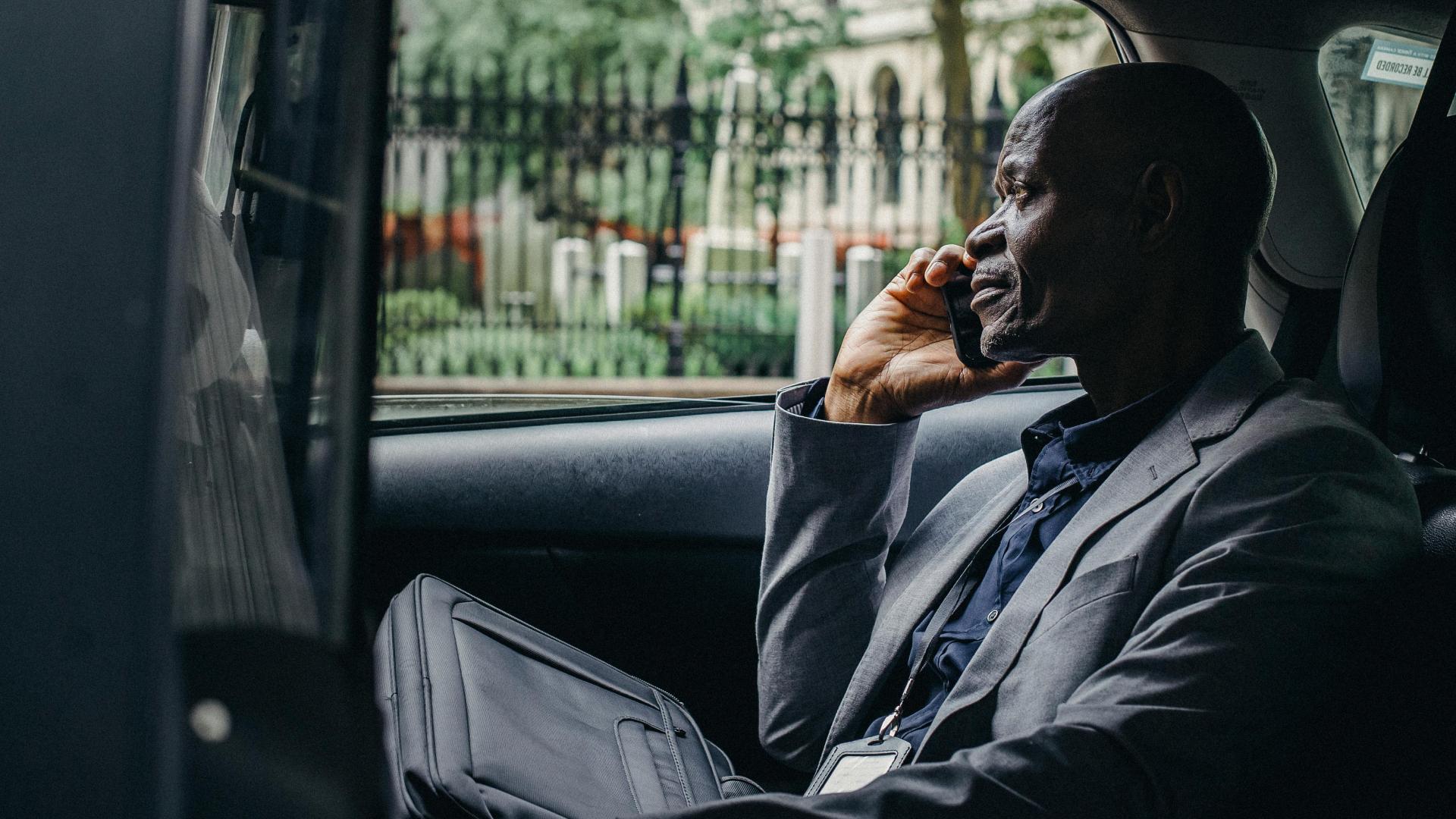
Transport in Mauritius is straightforward if you know your options. For most business travellers, taxis or hotel-arranged transfers are the fastest and least complicated way to get around. They're easy to book and can be trusted to get you where you need to go on time. Public buses are another option, especially for longer stays or those keen to experience the island through a local lens. They’re affordable and surprisingly extensive. Hiring a car opens even more possibilities. You’ll be free to explore hidden corners of the island on weekends or after hours. Just remember, driving is on the left and in rural areas, roads can be narrow, winding and shared with cyclists and dogs.
9. Food in Mauritius
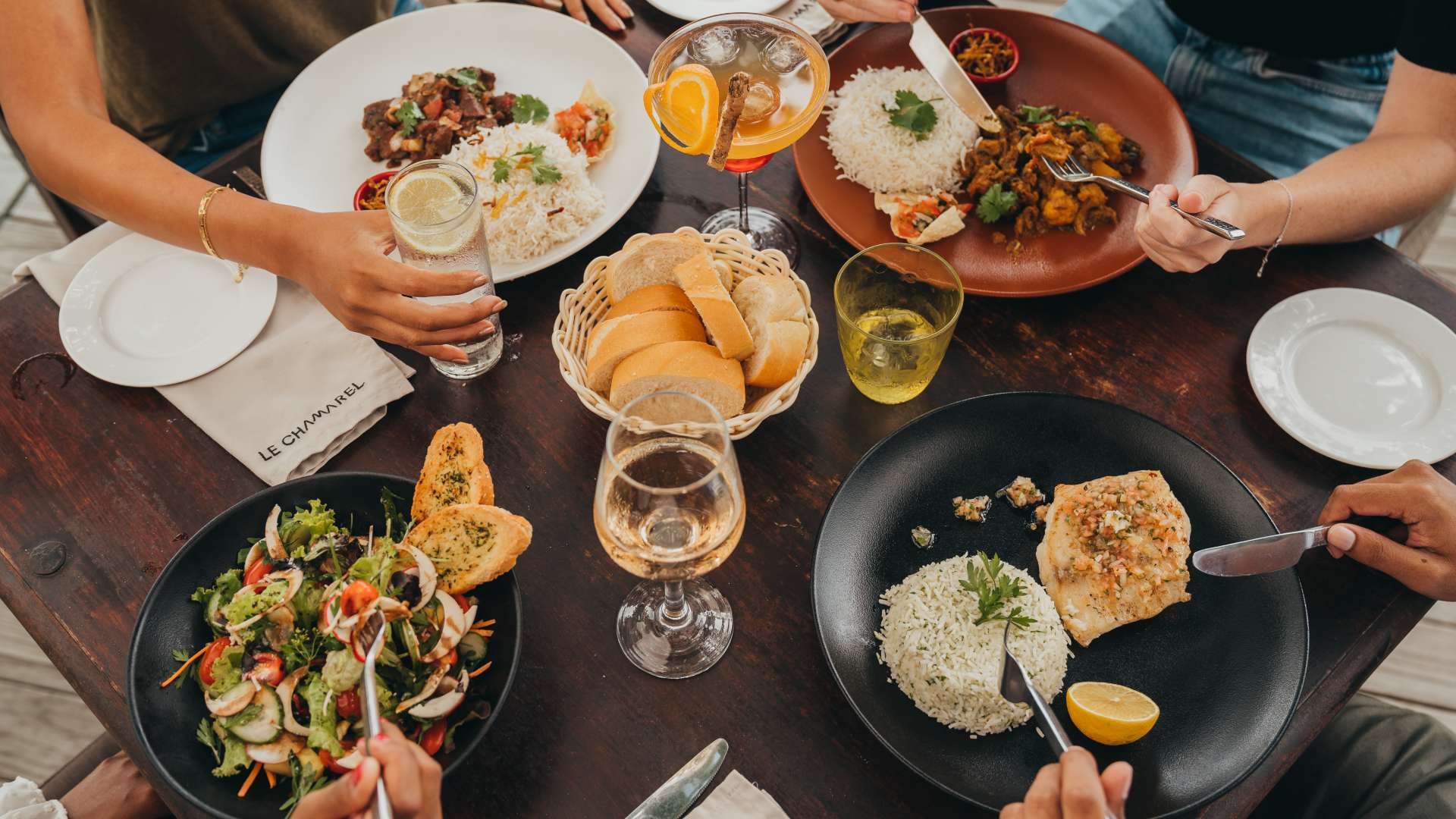
Source: Le Chamarel Restaurant
Food in Mauritius is a celebration of its multicultural roots. Indian, Chinese, African and European influences all come together in dishes that are bold, colourful and packed with flavour. Try dholl puri from a street vendor, a rolled-up flatbread filled with yellow split peas, pickles and curry. Order fish vindaye, a sharp mustardy dish with turmeric and garlic. Taste rougaille, a slow-cooked tomato sauce poured over sausage, eggs or seafood. This is food with soul, served in homes, markets and seaside cafés. Tap water is generally safe in hotels and urban areas, but if you’ve got a sensitive stomach, bottled water is widely available and affordable. Vegetarians, Halal eaters and anyone with dietary restrictions will also find plenty of options across the island’s many restaurants and food courts.
10. What to Do in Your Free Time
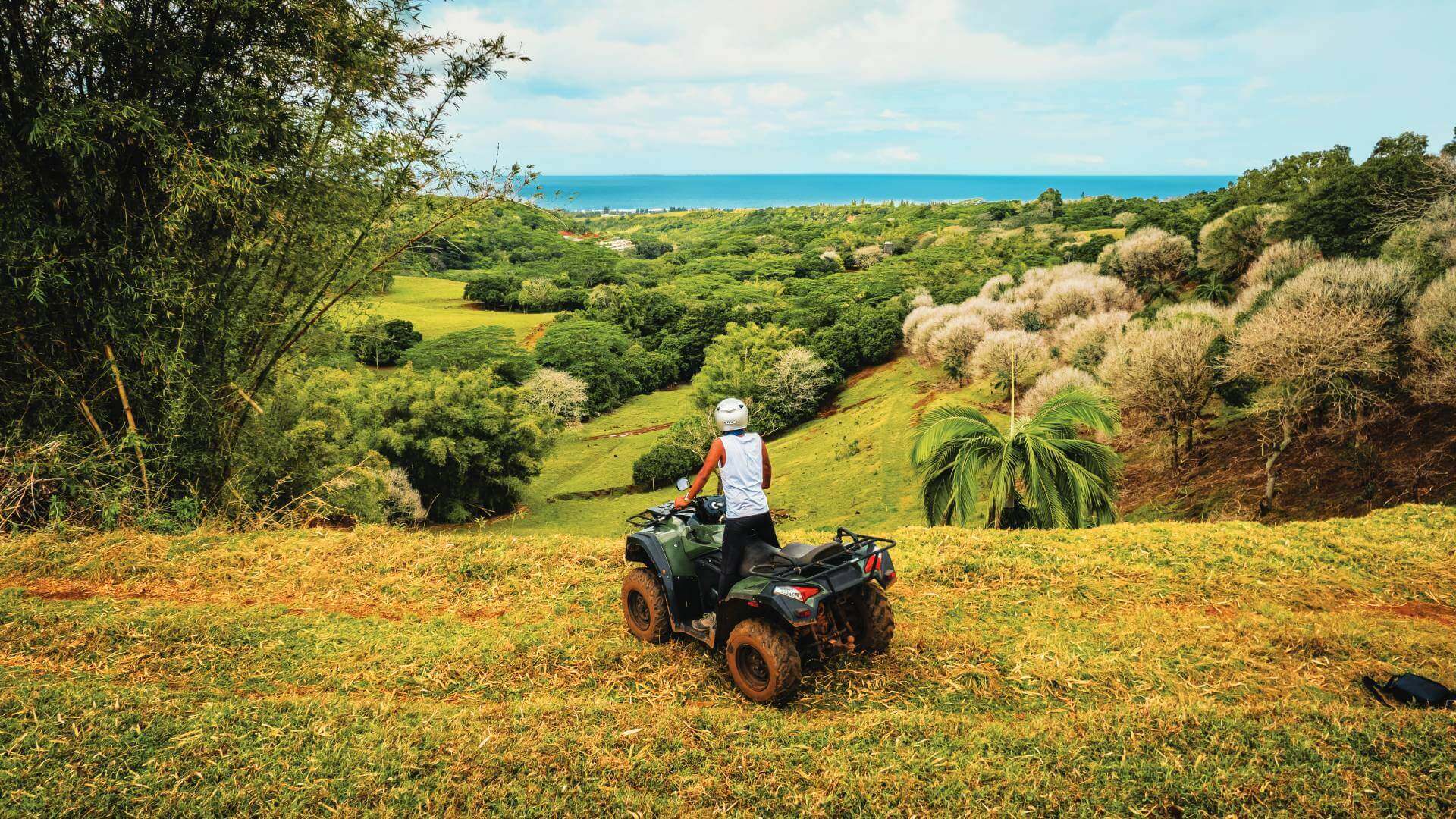
Mauritius is an invitation to new discoveries. When your calendar clears and you’ve shut the lid on your laptop, the island offers dozens of ways to recharge.
Bel Ombre Nature Reserve:Head south for a complete change of pace. This expansive reserve offers 4x4 safaris, guided hikes, quad bike rides and even picnic pods hidden in the trees. It’s your chance to trade screen time for green time.
World of Seashells:This museum holds over 8,000 specimens from across the globe. It’s not just for kids; space lets you slow down and see nature through a different lens.
Le Chamarel Restaurant:Sitting 260 metres above sea level, this restaurant is known for its authentic Creole menu and sweeping coastal views. Order freshly grilled fish or a classic Mauritian curry and let the landscape do the rest.
Golf at Le Château:Tee off on a championship course set within a 19th-century estate. Voted the best in the Indian Ocean for years running the grounds offer a mix of manicured fairways, native trees and ocean views. After the game, unwind at the elegant clubhouse or stay for a quiet dinner under the stars.
Water Sports:Take a break with some paddleboarding, snorkelling or a catamaran cruise. Most hotels can arrange rentals and beginners are always welcome. The warm, calm waters are ideal for trying something new without pressure.
And wherever you go, remember, Mauritians are friendly, generous and welcoming. Dress modestly in temples or rural areas and you’ll be met with genuine warmth and respect.
What to Pack for Mauritius
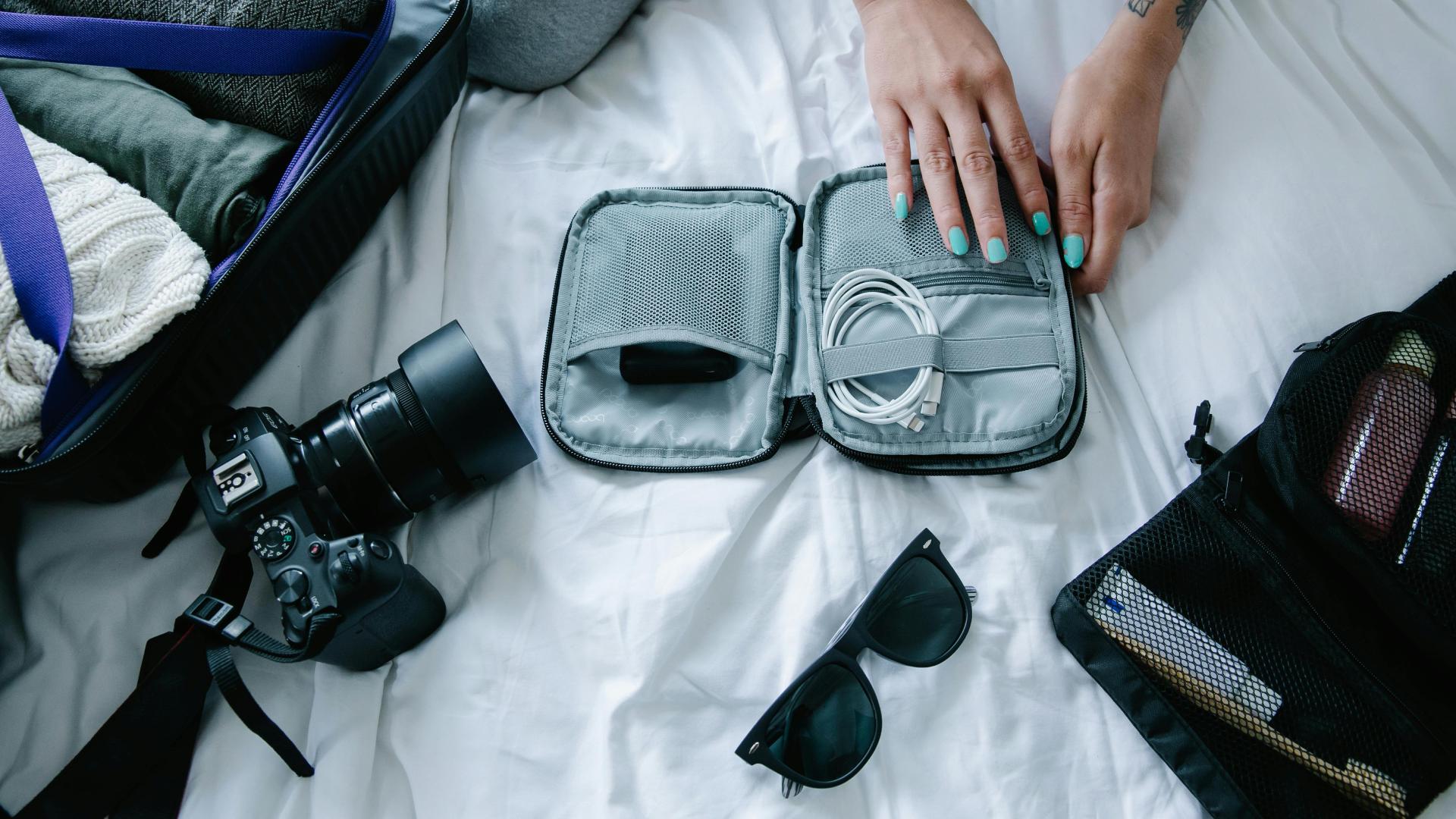
Packing your suitcase doesn't have to be complicated, but you need to be able to make the right choices to ensure that your stay goes as smoothly as possible. If you are planning a trip to Mauritius in summer, pack light, breathable clothes such as cotton, so that you are comfortable in the heat. If you are sensitive to the sun, opt for clothing that covers your skin. In winter, you can wear a jacket or take an umbrella. Don't forget to pack a few more elegant outfits if you're having formal meetings.
Other essentials
- Sunglasses and high-SPF sunscreen
- Comfortable shoes for walking or short hikes
- Swimwear, even if you’re not staying on the coast
- Reusable water bottles (many hotels offer refill stations)
UK visitors won’t need a power adapter; Mauritius uses the same Type G plug. If you're travelling for work, Voilà Hotel’s business trip packing guide is worth a look before you zip up your suitcase.


